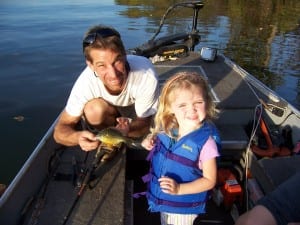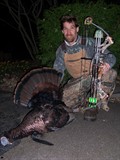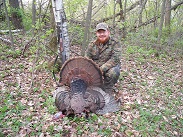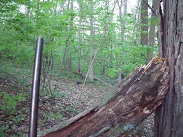Have you started making summer plans yet? Well, if you have a youngster who is into fishing and all things outdoors, there is a great opportunity available.
The New Jersey School of Conservation in Sussex County will be the host site for a Coldwater Conservation School offered by the state Division of Fish and Wildlife and the N.J. State Council of Trout Unlimited. The School will be held June 28 to July 1 and is open to kids ages 11 through 14 at the time of the program.
This is an interesting experience that combines fun and learning. The goal of the school is to foster knowledge and appreciation of trout and the cold-water habitats on which they depend, basically helping kids understand what role they can play in conserving the habitat.
Division of Fish and Wildlife biologists and instructors from Trout Unlimited will teach sessions about stream ecology, fish habitat, fish biology and identification, aquatic insect identification, fly-tying, fly-casting and stream restoration. There will be evening programs where students will learn about reptiles and New Jersey’s black bears.
See the dozens of unique artificial fish habitat models, fish attractors and fish cover used at fishiding.com, the leader in science based, proven, fish protection.
The cost of the Coldwater Conservation School is $200, which includes food, lodging and equipment for four days and three nights.
Applications are due no later than April 1. Students accepted into the school will be notified by the end of April. The school was very successful last year with more than 30 applicants, so the folks running the show urge you to get the application in as soon as possible.
If interested, you can find more information and an application at state.nj.us/dep/fgw/pdf/2012/conservation_school_application.pdf, or call Jessica Griglak at 908-637-4125 or email at Jessica.grigla@dep.state.nj.us.
TALKING TURKEY: The Pequest Trout Hatchery and Natural Resource Education Center will host a turkey hunting seminar at 1 p.m. March 10. Learn about the state restoration program and how to hunt this prized game bird.
The New Jersey Chapter of the National Wild Turkey Federation will host a turkey call clinic immediately following the seminar. Registration is not required for the seminar or clinic.
FOR THE BIRDS: Here’s something different, courtesy of the Pequest Trout Hatchery and Natural Resource Education Center. Friday is the 15th annual Great Backyard Bird Count, taking place from 10 a.m. to 4 p.m.
Bird watchers of all ages are asked to come and count birds to create a real-time snapshot of the bird population. Participants can pick up a tally sheet of bird species potentially seen there at this time of year.
Plan to count birds for at least 15 minutes, but you can go longer if you wish. Count the greatest number of each species that you see together at one time. Count in as many places at Pequest as you choose, and keep a separate checklist for each location.
When finished, submit your results to the staff member at the front desk.
Your data will be entered.For more information, log on to birdsource.org/gbbc/whycount.html.




